To celebrate scientists and scientific advancements, we have collected a list of the most famous creationist scientists that will inspire us for the greater good.
The article provides a list of creationist scientists. They are Earth creationists, progressive creationists, and intelligent design theorists. While pursuing science, these people believed that a supernatural being created the world.
We explored the Institute of Creation Research, Answer the Genesis, and many other publications to come up with this list.
Let’s look at the 34 most famous scientists who believe in the biblical account of creation.
Table of Contents
Famous Creationist Scientists
#34. Nicholas Steno (1638-1686): The Catholic Bishop Who Pioneered Stratigraphy
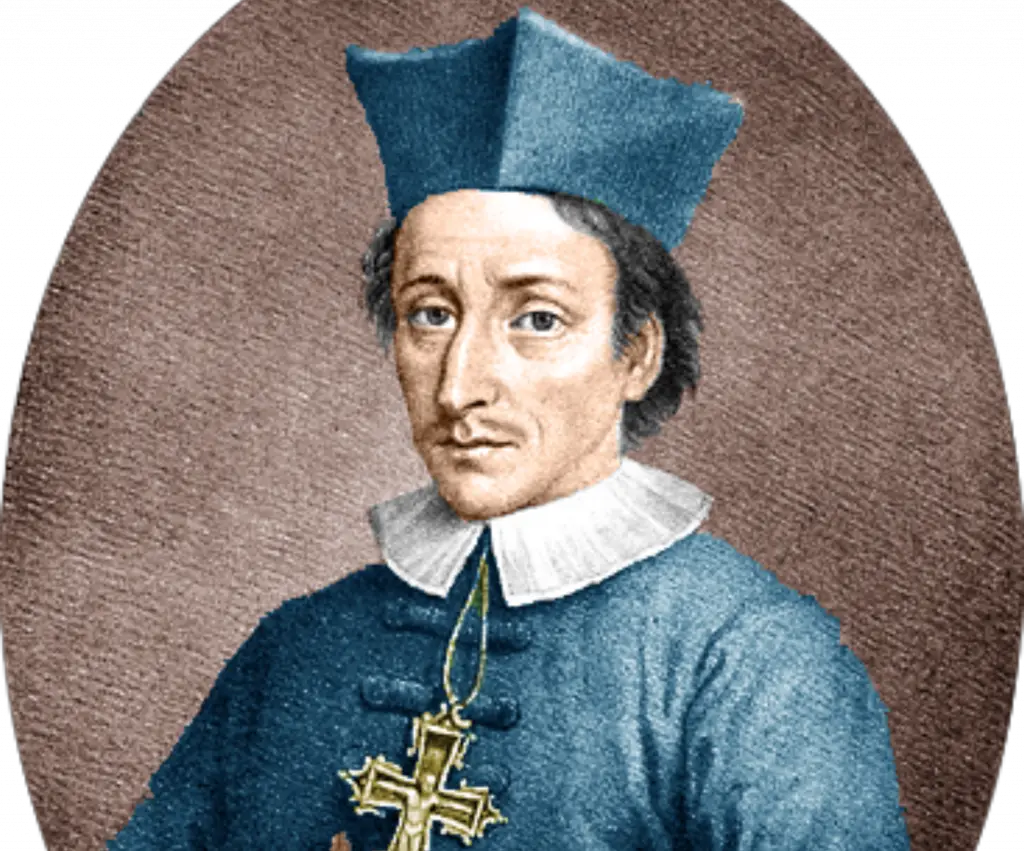
What makes Nicholas Steno famous?
There are many things you should know about Nicholas Steno, also known as Niels Steensen. For one, he was born in Denmark on November 11, 1638. And if that doesn’t make you feel young, then maybe the fact that he’s best known for his pioneering contributions to geology and anatomy will do the trick.
His studies of rock formation and fossils led to the establishment of the field of stratigraphy (which sounds like something out of Harry Potter), but that wasn’t all he did. Born into a Lutheran family, Steno went on to be a Catholic Bishop.
He was such a great influence on science that people still study him today.
[Source: Encyclopedia Britannica]
#33. Georges Cuvier (1769-1832): The Founding Father of Paleontology
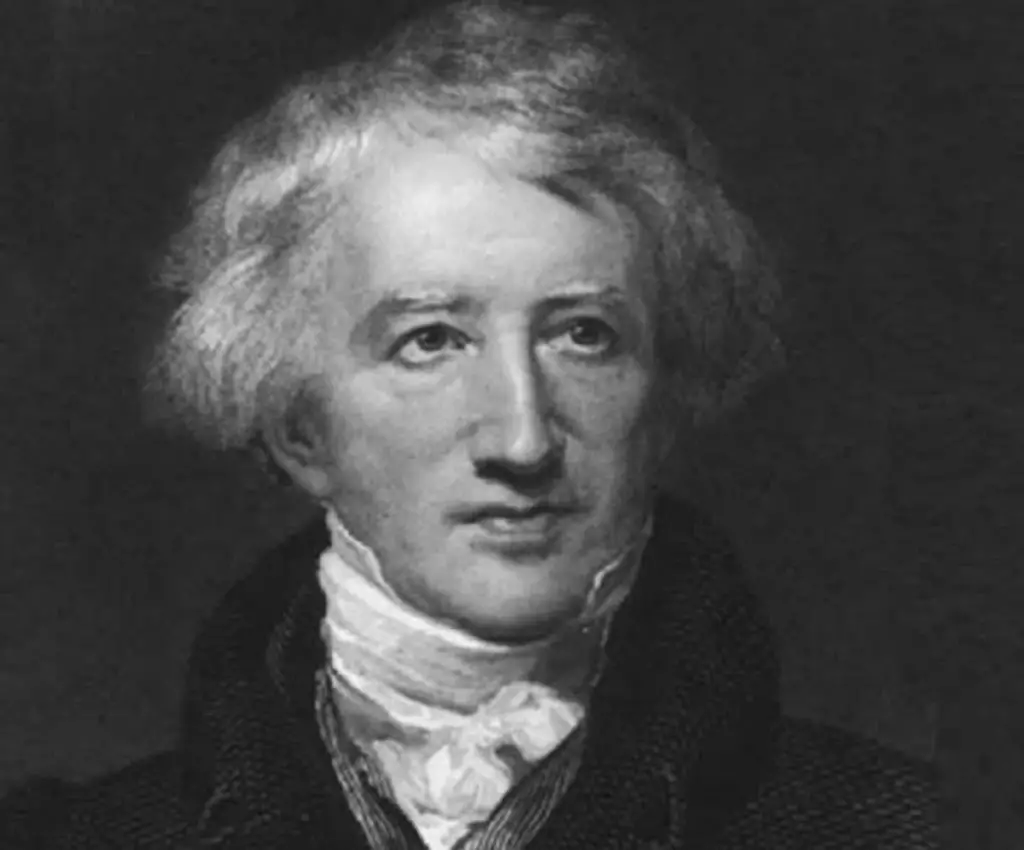
What makes Georges Cuvier famous?
For most people, the name Georges Cuvier probably doesn’t ring a bell. But if you’re a naturalist or biologist, you’ve probably heard of him. That’s because he was kind of a big deal.
Cuvier was born on August 23rd, 1769 in France. He was a zoologist and naturalist. Georges Cuvier is best known for his work which led to the establishment of paleontology and comparative anatomy. He studied living organisms, often comparing them with fossils.
Cuvier was also famous for being a critique of the theories of evolution put forth by Jean-Baptiste Lamarck and others during that time period. Lamarck believed in spontaneous generation (that life could come from non-living matter) and transmutation (that one kind of organism could turn into another).
Cuvier, on the other hand, believed that species did not change over time because they were fixed at creation. That God had created each species separately, according to its own plan.
[Source: Encyclopedia Britannica]
#32. Jean-Henry Fabre (1823-1915): The Father of Entomology of Insects
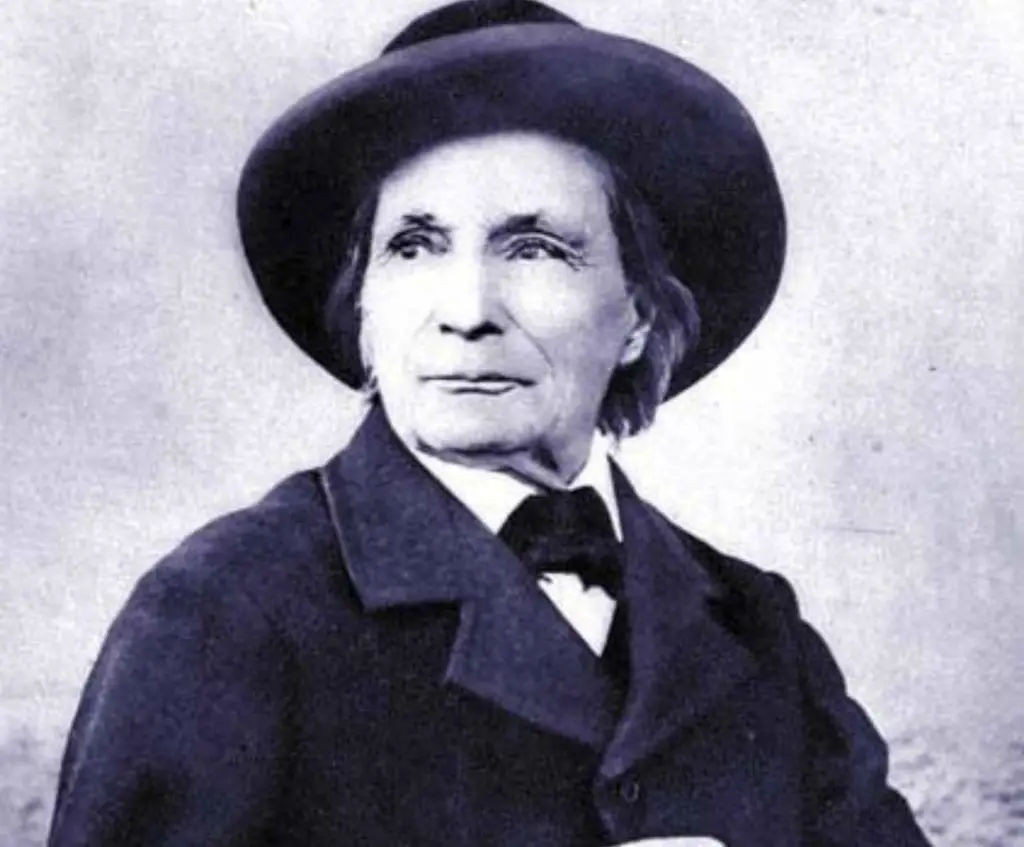
What makes Jean-Henry Fabre famous?
Jean-Henry Fabre, the French scientist who is best known for his compilation of arachnids and insects, was born on December 21, 1823. Despite his lack of formal education, he became one of the most influential figures in the history of entomology.
Fabre was a unique man in many ways, not least of all because of his writing style. While many scientists were satisfied with dry, technical descriptions of their findings, Fabre made it a point to include anecdotes about each insect he studied in his texts.
This made them not just more interesting but also more useful for teaching purposes—and it’s why he remains one of the most influential scientists ever to live.
Even though Fabre wasn’t a believer in evolution theories—he remained a christian throughout his life—he did have an impact on Charles Darwin’s thinking about evolution. In fact, it was because of Fabre that Darwin took a closer look at the role that the environment plays in shaping species characteristics.
[Source: Encyclopedia Britannica]
Similar Articles:
- 20+ Famous Polish Scientists That You Should Know
- 15 Famous Scientists With Dyslexia That You Should Know
- 30+ Famous Genetics Scientists That You Should Know
#31. Matthew Maury (1806-1873): The Father of Modern Oceanography and Naval Meteorology
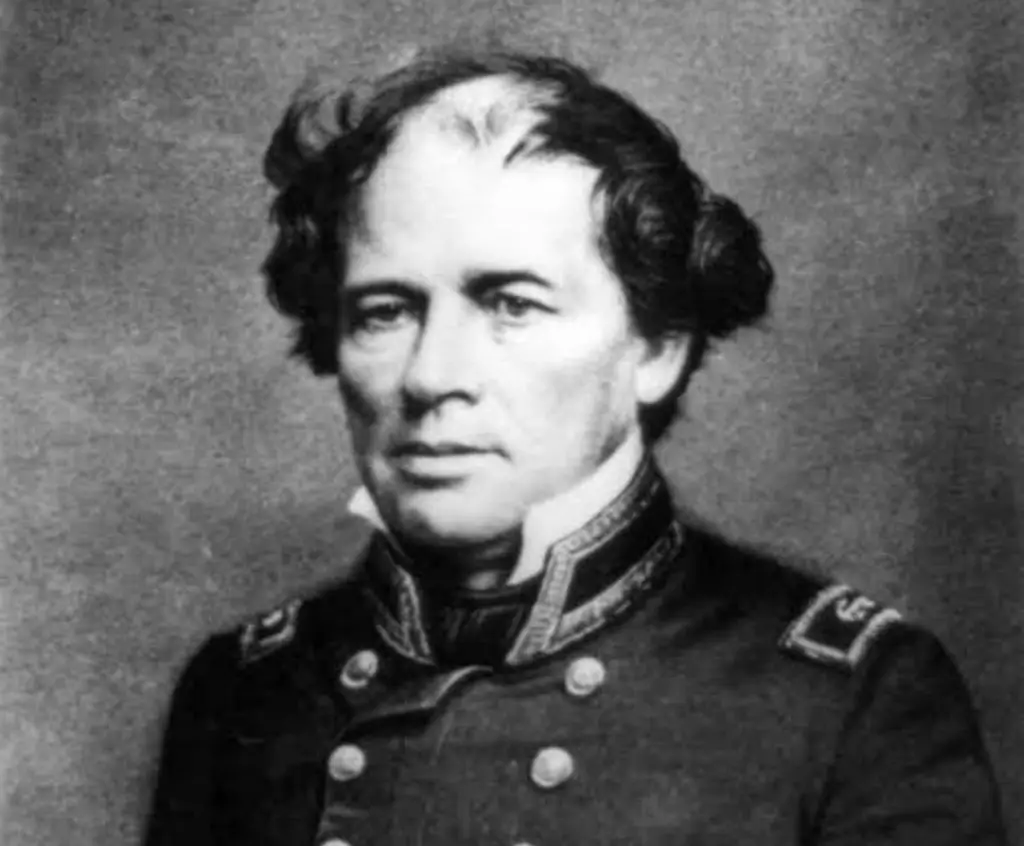
What makes Matthew Maury famous?
If you’re looking for a hydrographer who has had an impact on the world, look no further than Matthew Fontaine Maury. He was born in Virginia in 1806, and spent his childhood growing up in Spotsylvania County.
From a young age, he showed an interest in science, especially marine biology. When he was 19 years old, he began working as a naval officer.
Maury eventually got into the business of teaching himself how to be a meteorologist and oceanographer by reading books in this field.
In 1855, he published a book called The Physical Geography of the Sea that became one of the first comprehensive overviews of oceanography ever published. It was so popular that it was reprinted multiple times throughout Maury’s lifetime.
He was a Christian who believed that God had created an orderly universe that could be understood by man through science and mathematics.
[Source: Encyclopedia Britannica]
#30. John Ray (1627-1705): The Father of Modern Taxonomy
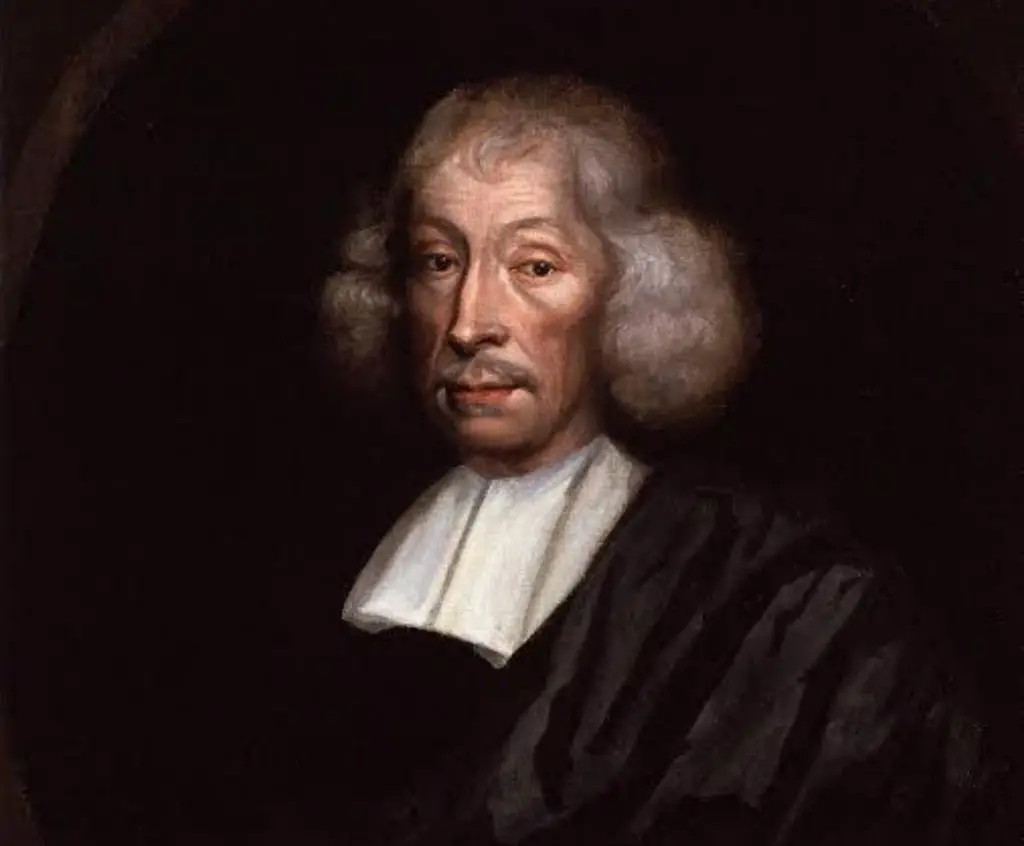
What makes John Ray famous?
John Ray was a brilliant naturalist who was born in England on November 29, 1627. He is best known for his work on zoology, botany, and natural theology.
Ray’s most significant contribution to science was his classification of organisms. He pioneered modern taxonomy by rejecting the dichotomous system of classification of organisms. Instead, he emphasized the differences and similarities between each plant species.
This is why he is known for classifying plants into dicotyledons (plants with two seed leaves) and monocotyledons (plants with one seed leaf).
Ray published his findings in a number of treatises, including the famous Catalog of Cambridge in 1660. He is also famous for being the first to try to define species by using characteristics such as location, habitat, and other physical attributes like size or coloration.
Although Ray had a deep love for plants and animals alike, he did not believe in evolution. He believed that God created every living thing as it is today—and that nothing has changed since then.
[Source: Encyclopedia Britannica]
#29. Bernhard Riemann (1826-1866): A Pioneer in Geometry
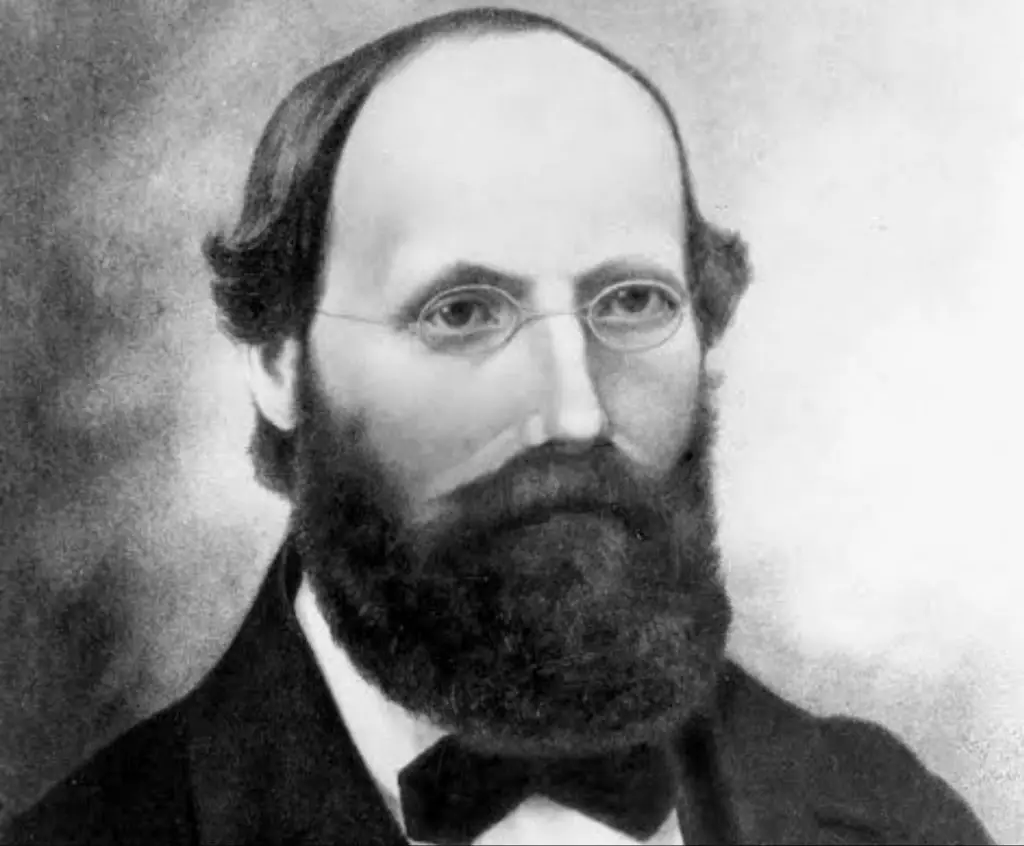
What makes Bernhard Riemann famous?
Bernhard Riemann is best known for his work on differential geometry, number theory, and analysis. He was born in Germany on September 17, 1826 and died in Italy on July 20, 1866. He made significant contributions to all three areas of study and is considered one of the most important mathematicians of all time.
His works include the Riemann integral and the Riemann Surfaces, which are both important concepts in analysis. A paper he published in 1859 pioneered analytic number theory. Riemann’s work on differential geometry shaped our understanding of general relativity and changed our perception of space-time forever.
[Source: Encyclopedia Britannica]
Similar Articles:
- 15 Famous Pacific Islander Scientists You Should Know
- 17 Famous Marine Scientists That You Should Know
- 30+ Famous Black Woman Scientists That You Should Know
#28. John Woodward (1665-1728): The Father of Paleontology
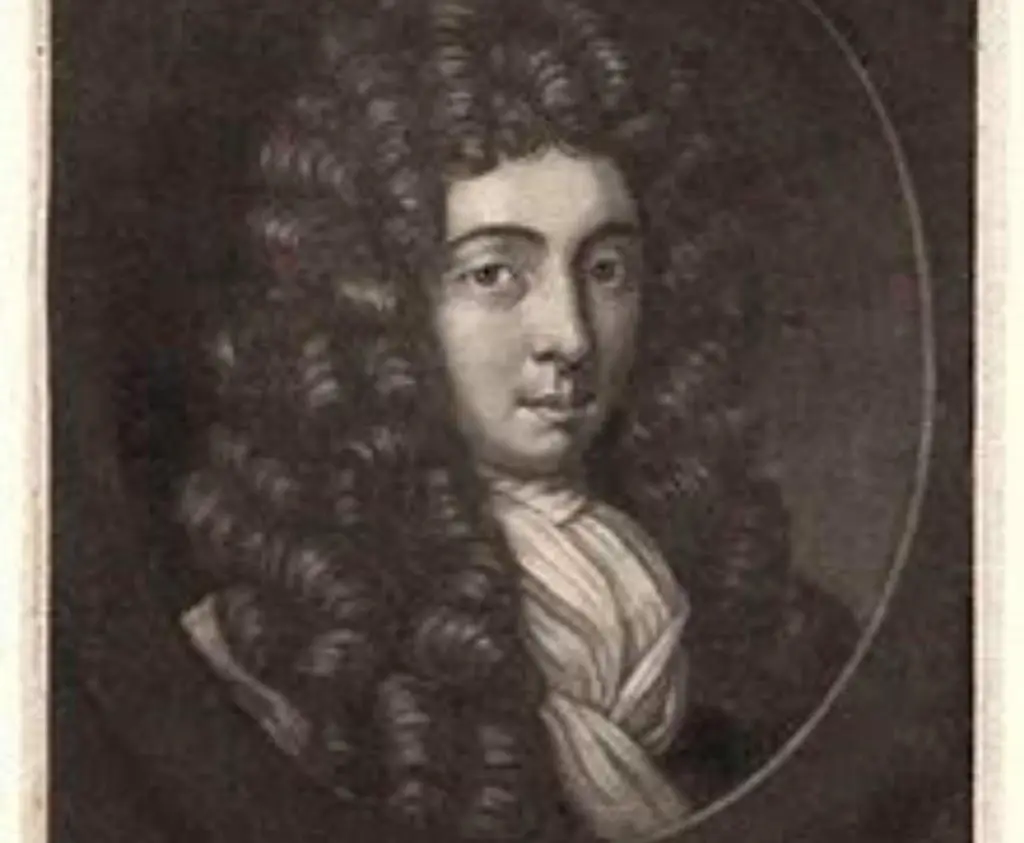
What makes John Woodward famous?
John Woodward was born in England on May 1, 1665. He was a naturalist who studied the fossils, minerals, and rocks of his time. His research led to the establishment of the Woodwardian Professorship of Geology at Cambridge University.
Woodward’s work was instrumental in establishing the fact that fossils were remains of ancient life-forms rather than just rocks that had been shaped by nature or man. He also helped to establish the importance of fossils to geology by showing that they could be used as a dating tool for rocks.
His extensive collection of fossils is now under the care of the University of Cambridge, which maintains it as a valuable resource for research today.
[Source: Encyclopedia Britannica]
#27. Robert Vance Gentry (1933-2020): The Nuclear Physicist Who Attempted To Determine The Age of The Earth

What makes Robert Vance Gentry famous?
Robert Vance Gentry is widely recognized for his claims concerning radiohalos. He was an expert in nuclear physics. A field that he pursued throughout his life. Gentry believed these tiny bits of minerals were proof of a young Earth.
This young Earth creationist was born in Chattanooga, Tennessee, on July 9, 1933. He graduated from the University of Florida with a master’s degree in physics.
Robert Vance Gentry began his career as a research scientist specializing in nuclear weapons. His interest in creation science peaked in 1959 after reading a verse from the bible. After becoming a Seventh-day Adventist, Gentry shifted his focus to radiohalos as the key to knowing the age of our planet.
His book, Creation’s Tiny Mystery, faced criticism from other creation scientists. Some believed the text was misleading. Robert V. Gentry, however, is recognized for his efforts in creation science.
[Source: Creation Wiki]
#26. David Russell Humphreys (1942-present): Advocator For Young Earth Creationism
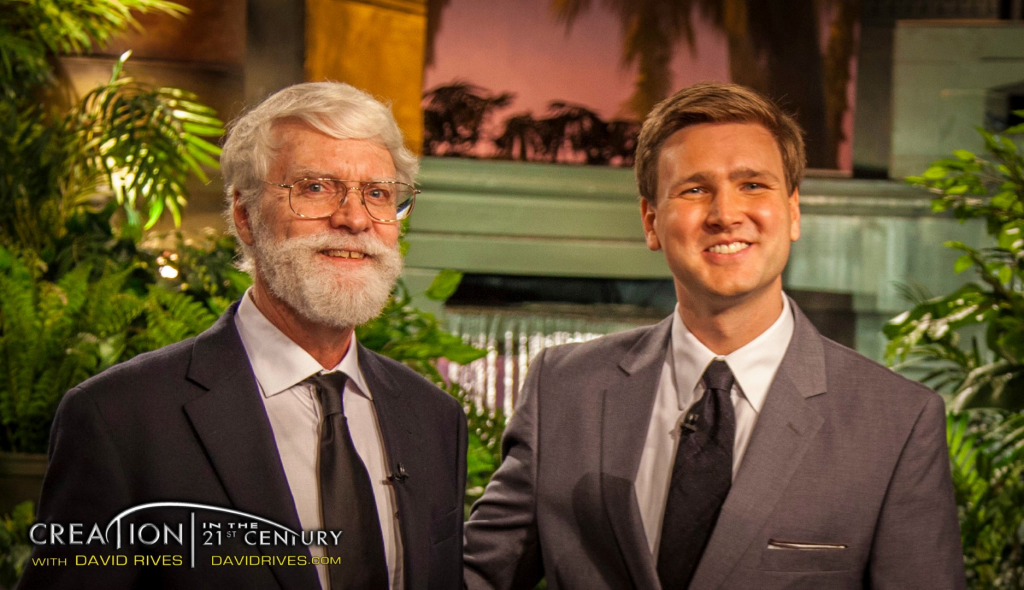
What makes David Russell Humphreys famous?
David Russell Humphreys is a creationist physicist known for his efforts in promoting young Earth creationism.
He was born in Michigan on February 2, 1942. Humphreys graduated with a P.h.D in physics from Louisiana State University.
He worked for General Electric, Sandia National Labs, and the Institute of Creation Research. His proposal, “white hole cosmology,” claims that the age of the Earth results from general relativity.
Despite his hypothesis being a significant concept among creationist organizations, the scientific community is yet to accept it.
[Source: Creation.com]
Similar Articles:
- 30+ Famous Biology Scientists That You Should Know
- 19 Famous Animal Scientists That You Should Know
- 15 Famous Black Computer Scientists That You Should Know
#25. Rudolph Virchow (1821-1902): The Pope of Medicine
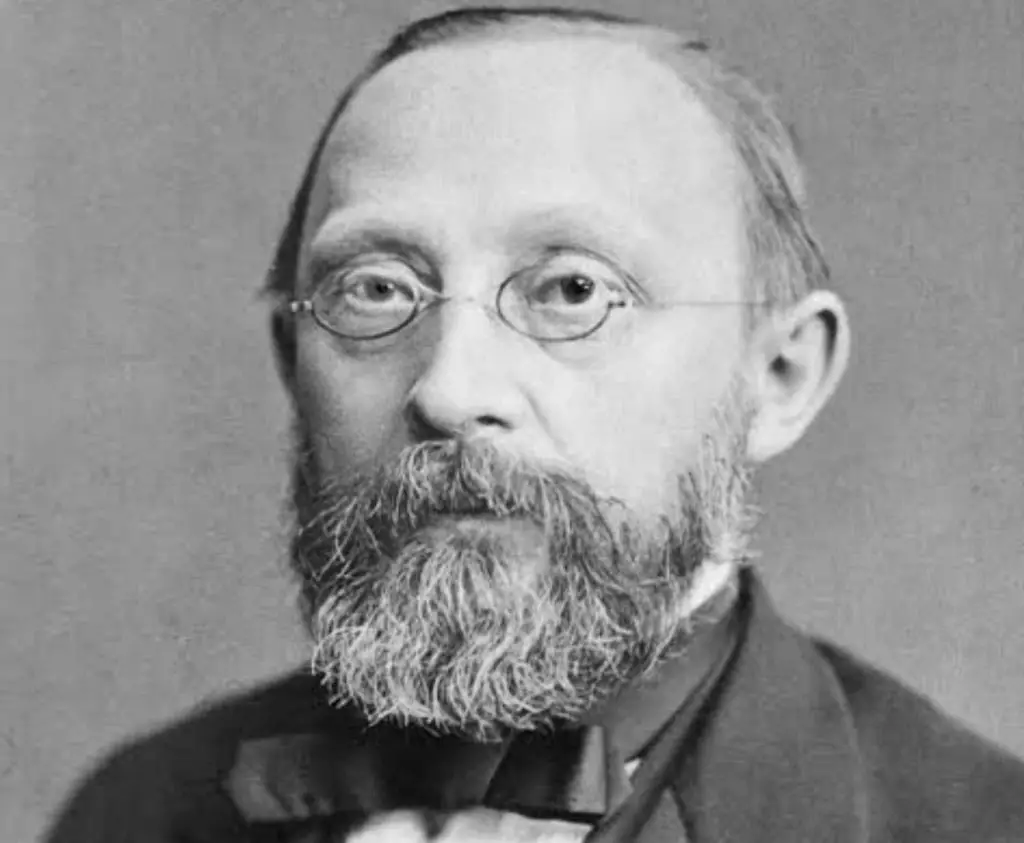
What makes Rudolph Virchow famous?
Rudolph Virchow was born in Germany on October 13, 1821. He was a physician who is widely considered to be the founder of modern pathology. His work pioneered public health in his home country of Germany.
Virchow’s main contribution to modern medicine was his work in public health and social medicine. He pioneered the use of autopsies for research purposes.
This German medical doctor published over 2000 scientific texts. One of them, the Cellular Pathology, is widely regarded as the foundation of modern pathology.
Virchow was also known for his open criticism against Charles Darwin’s theories of evolution. He believed Darwin was wrong because the doctor never saw any evidence that humans descended from apes or monkeys.
In addition to being a physician, Virchow also had a passion for politics. In fact, he was a member of parliament for many years before he died in 1902 at the age of 80.
[Source: Encyclopedia Britannica]
#24. Lord Rayleigh (1842-1919): The Nobel Laureate Who Contributed To Several Branches of Science And Mathematics
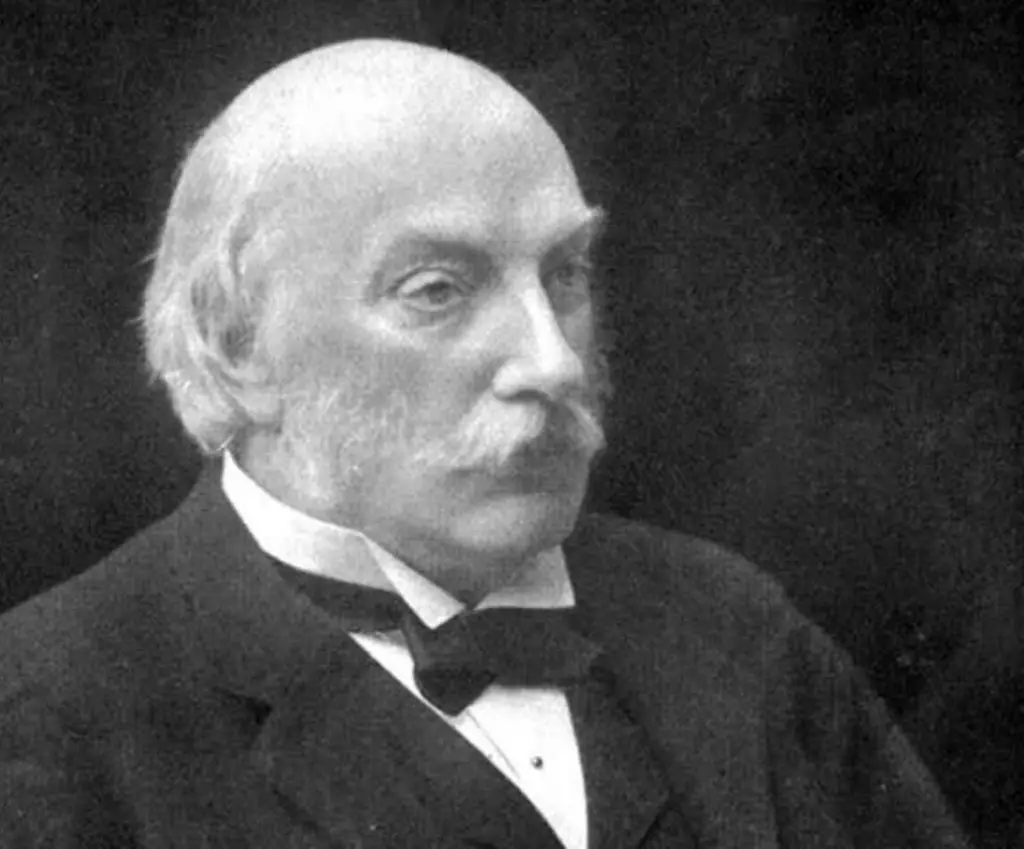
What makes Lord Raleigh famous?
The sky is blue. We’ve all heard that before, but have you ever wondered why? Or how it came to be?
The answer lies in the life of one man: Lord Rayleigh. Who is Lord Rayleigh?
If you haven’t heard of him, don’t worry. You’ve got plenty of company. Lord Rayleigh was born in England on November 12, 1842 and died there in 1919—which means you’re at least a century late to the party. But don’t despair! There are so many things about this famous mathematician that are worth knowing about.
For starters, he’s best known for his work which earned him the prestigious Nobel Prize in Physics in 1904. Lord Rayleigh discovered argon and made important breakthroughs in the study of the densities of gases.
But that’s not all! His many contributions include devising a method, Rayleigh scattering, to explain the reason why the sky is blue. That’s right—he figured out why we see blue when we look up into space.
Lord Rayleigh also made important contributions to aerodynamics, fluid dynamics, quantum mechanics, and optics. And if that weren’t enough, he came up with a concept that describes how ferromagnetic materials behave at low fields (known as “Rayleigh Law”).
But what most people don’t know about him is that his name was Mr. John William Strutt! But when he was knighted by the Queen, he became “Lord Rayleigh.”
[Source: Encyclopedia Britannica]
#23. Lord Kelvin (1824-1907): The Scientist Who Believed in The Biblical Account of Creation

What makes Lord Kelvin famous?
Sir William Thompson, also known as Lord Kelvin, was a mathematical physicist known for his numerous scientific contributions. He was born on June 26, 1824, in Belfast, Ireland.
Lord Kelvin was the first scientist to determine the correct value of absolute zero as -459.67 degrees Fahrenheit (or -273°C). Queen Victoria knighted him in 1866 due to his contribution to the transatlantic telegraph project.
Lord Kelvin pioneered mathematical physics and atmospheric electricity, among others. But his interest in geology classifies him as a creationist. He proposed that evolution came about by divine guidance. Sir William Thompson’s theistic evolution conflicted with Charles Darwin’s scientific theory of natural selection.
[Source: Encyclopedia Britannica]
Similar Articles:
- 20+ Famous Astronomy Scientists That You Should Know
- 17 Famous Greek Scientists That You Should Know
- 30+ Famous Atheist Scientists That You Should Know
#22. Sir James Young Simpson (1811-1870): The Discoverer of Chloroform
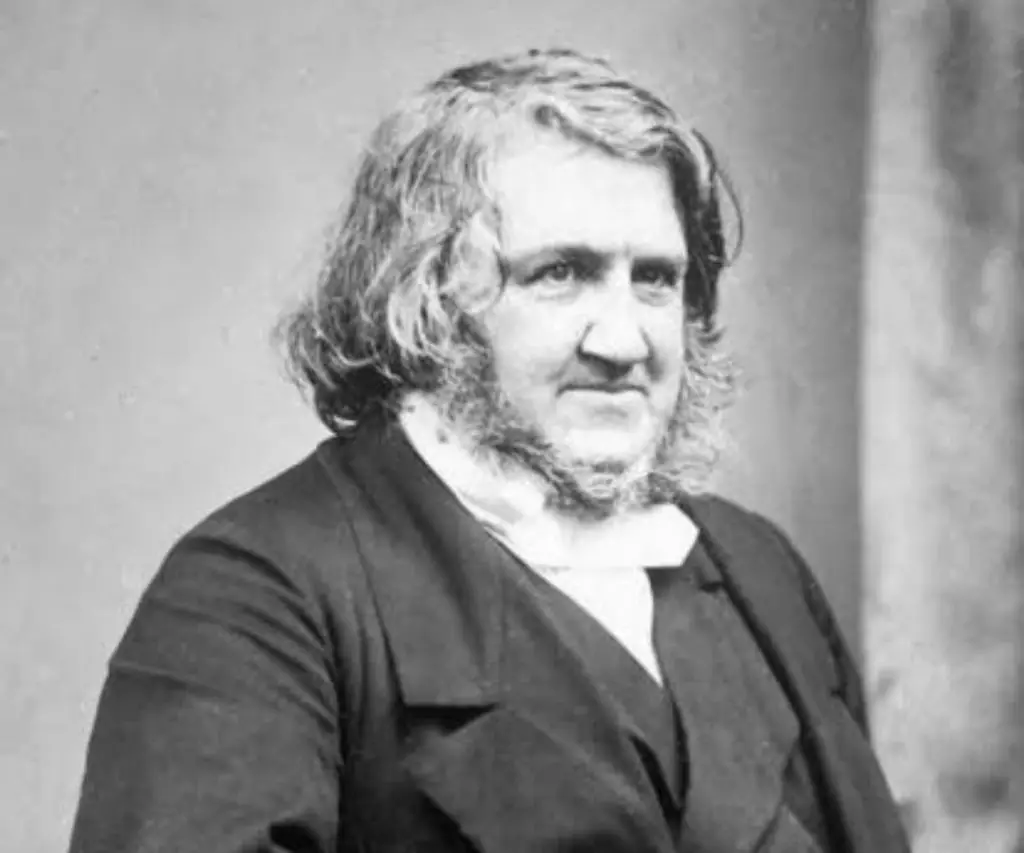
What makes Sir James Simpson famous?
Sir James Simpson is one of the most influential scientists in medicine. He was born on June 7, 1811, in West Lothian, Scotland.
This obstetrician discovered and promoted the use of chloroform in medicine as anesthesia.
Other than chloroform, James Simpson is best known for being an advocate of hospital reforms. He also pioneered gynecology.
[Source: Encyclopedia Britannica]
#21. Carolus Linnaeus (1707-1778): The Father of Taxonomy
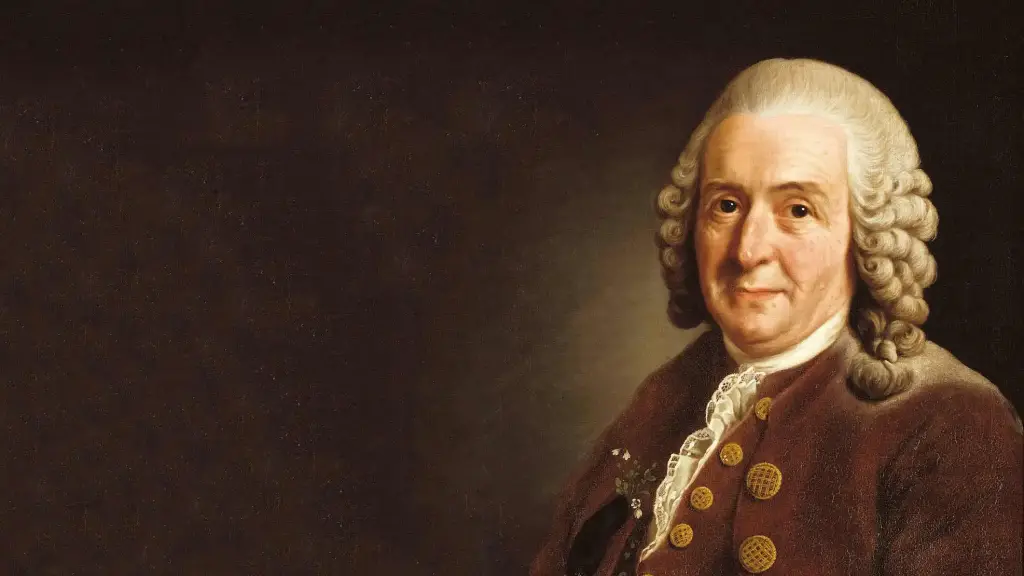
What makes Carolus Linnaeus famous?
Carolus Linnaeus was a Swedish scientist known for popularizing a new method of naming organisms called binomial nomenclature. This system proposed giving living organisms two-part names. His work pioneered modern taxonomy.
Linnaeus was born in Southern Sweden, where he studied before beginning his career at Uppsala University.
[Science: Encyclopedia Britannica]
#20. William Ramsay (1852-1916): The Discoverer of Inert Gases
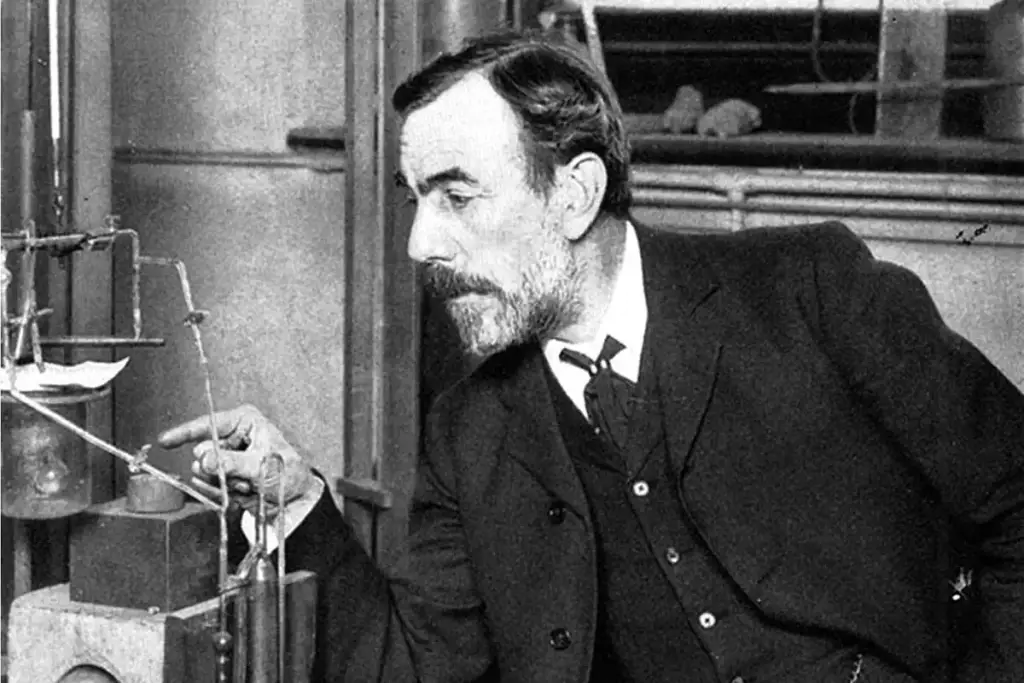
What makes William Ramsay famous?
William Ramsay was a chemist best known for discovering the noble gases—helium, neon, radon, xenon, krypton, and argon. He was born on October 2, 1852, in Scotland.
Ramsay attended the University of Glasgow, where he studied chemistry for his undergraduate degree. This Scottish scientist completed his science education at the University of Tubingen in Germany.
William Ramsay was the recipient of the 1904 Nobel Prize in Chemistry and many other awards for his work in science.
[Source: The Nobel Prize]
#19. David Brewster (1781-1868): The Father of Modern Experimental Optics
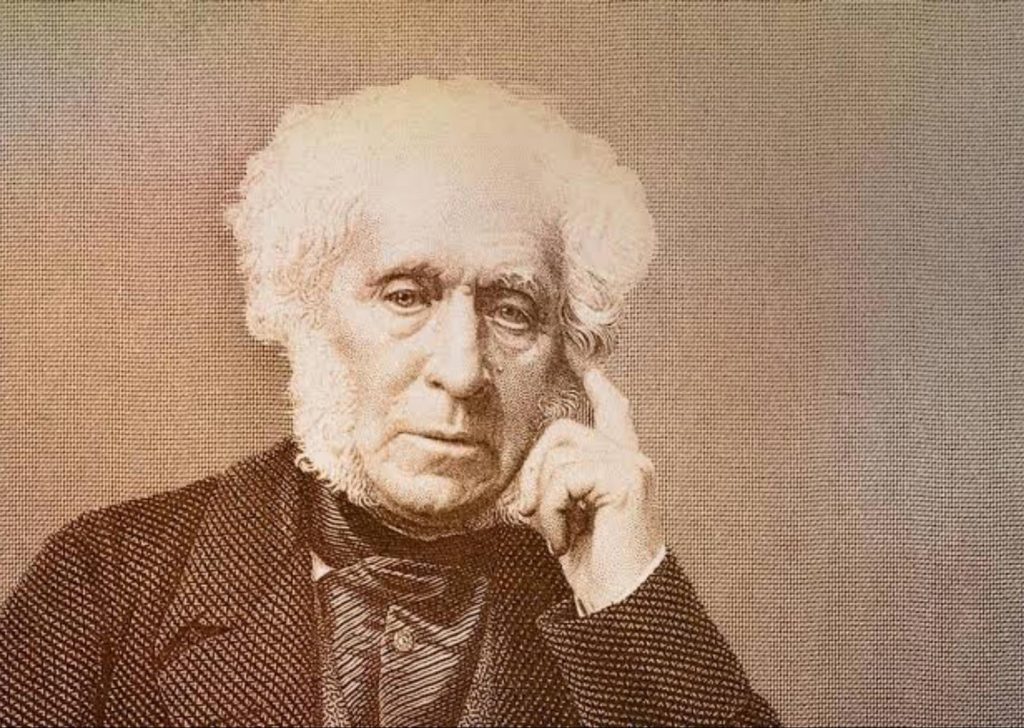
What makes David Brewster famous?
Sir David Brewster was an author, inventor, and scientist best known for his contributions to physical optics. He was born in Britain and went to the University of Edinburgh.
David Brewster’s discovery of photoelasticity led to the creation of optical mineralogy as a field of study.
Other than being a founding father of many areas of science, he is remembered for inventing the kaleidoscope and the binocular camera, among others.
[Source: Encyclopedia Britannica]
#18. Samuel F.B. Morse (1791-1872): The Co-Developer of The Morse Code
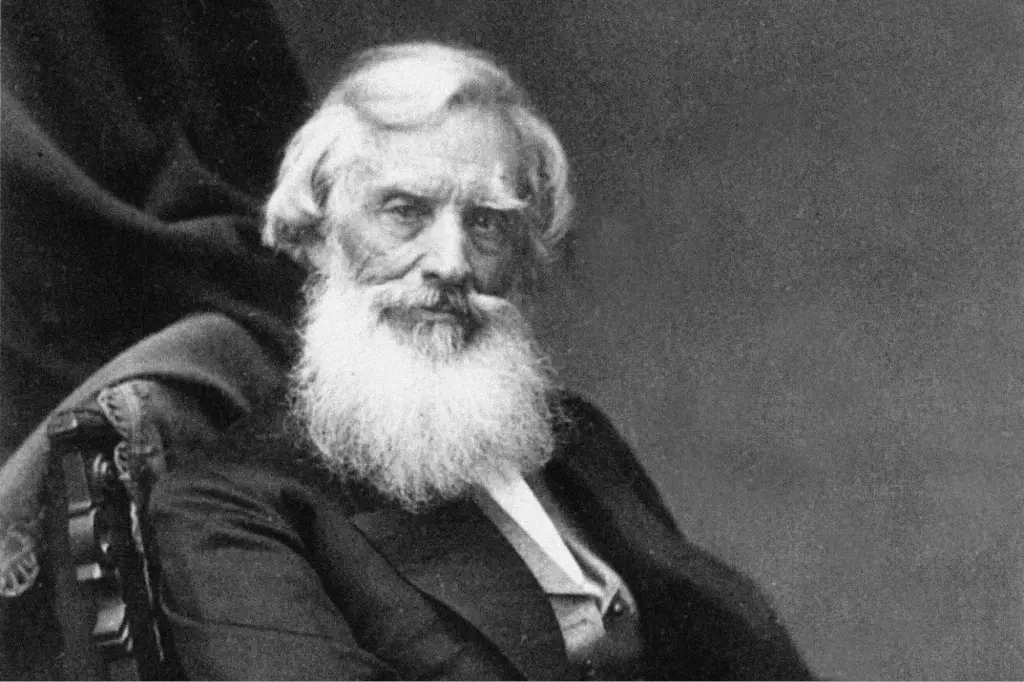
What makes Samuel F.B. Morse famous?
Samuel F.B. Morse was an American painter and inventor known for his work in telecommunications. Born in Charlestown, Massachusetts, he went on to be an influential figure in the history of science.
Samuel Morse was key to the invention of the telegraph system. In addition, he helped develop the Morse code—a concept for encoding text characters in telecommunication.
Morse studied science, mathematics, and religious philosophy at Yale College. His paintings, such as Landing of the Pilgrims, depict his beliefs.
[Source: Encyclopedia Britannica]
#17. Louis Agassiz (1807-1873): One of The Founding Fathers of The Study of Fish
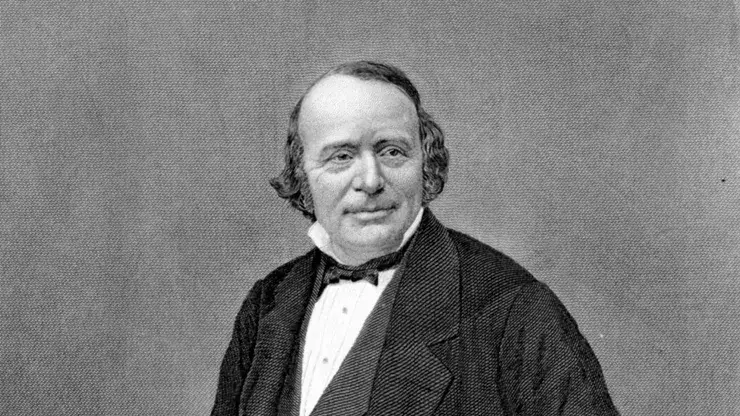
What makes Louis Agassiz famous?
Louis Agassiz was an American biologist born in Switzerland on May 28, 1807. He is best known for his work in ichthyology—the study and classification of fish.
Agassiz had strong observational skills, which helped him make groundbreaking discoveries in geology and zoology, among others. He also pioneered glaciology.
Louis Agassiz strongly opposed Darwin’s evolutionary theory. Instead, he supported creationism. This is evident in his writings, which have attracted criticism from non-bible scientists.
[Science: Encyclopedia Britannica]
#16. John Ambrose Fleming (1849-1945): The Founding Father of Electronics

What makes John Ambrose Fleming famous?
John Ambrose Fleming is one of the most well-known scientists in the history of electronics and telecommunications.
Born on November 29, 1849, in Lancaster, England, this engineer rose to be a foremost expert in physics. His radio transmitter led to the advancement of transatlantic radio transmission.
In addition, Fleming’s right-hand rule is a famous concept in physics and mathematics today.
John Ambrose Fleming was also part of the creationist organization, the Evolution Protest Movement, which he co-founded in 1932.
[Source: Encyclopedia Britannica]
#15. George Stokes (1819-1903): The Founding Father of Fluid Mechanics
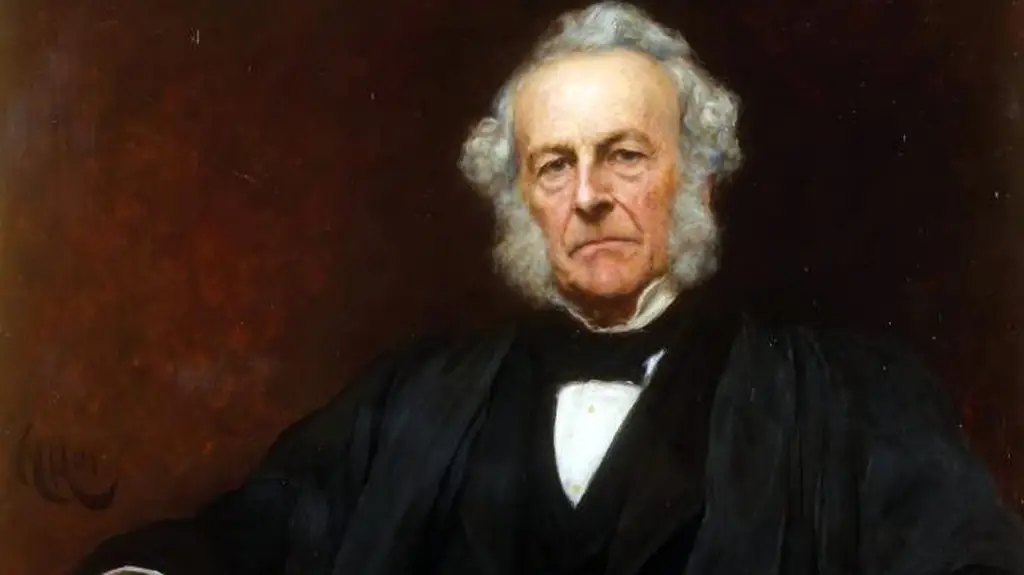
What makes George Stokes famous?
George Gabriel Stokes was a British scientist best known for his contributions to physics and mathematics. He was born in County Sligo, Ireland, and studied at Pembroke College.
His works include Stokes’ theorem, Navier–Stokes equations, and Stokes’ law, among others. George Stokes pioneered the field of fluid mechanics.
[Source: Encyclopedia Britannica]
#14. William Herschel (1738-1822): The Artist Who Discovered Uranus

What makes William Herschel famous?
William Herschel was a man who loved the night sky.
He was born in Hanover, Germany, in 1738 but moved to Great Britain when he was still young. Herschel was known for being a pioneer in astronomy, especially in the field of spectrophotometry.
His work with infrared radiation paved the way for further study of the Sun’s spectrum, which allowed scientists to figure out how hot it was and determine that it had a yellowish tint.
Herschel discovered Uranus and its moons—Oberon and Titania—which were previously unknown objects. He also discovered two moons of Saturn: Mimas and Enceladus. These discoveries were huge steps toward understanding our solar system as a whole.
Herscherl’s work helped pave the way for future generations of astronomers, who would continue to study space through astronomical spectrophotometry.
What’s the best William Herschel quote?
“Seeing is in some respect an art, which must be learnt.”
[Source: Space.com]
#13. Leonardo da Vinci (1452-1519): The Painter Who Had a Knack For Science

What makes Leonardo da Vinci famous?
Leonardo da Vinci was a polymath- an artist, an engineer, and a scientist.
This Italian lived during the High Renaissance, which was a time of great innovation in art, science, and engineering. He was also a painter, whose most famous piece is The Mona Lisa. It has been called one of the most recognizable paintings in history because of its iconic status as well as its beauty.
Leonardo’s other notable paintings include significant pieces such as The Last Supper and Salvator Mundi. He also drew numerous sketches depicting inventions such as helicopters or tanks—only five of which have survived today.
He is best known for his contributions to anatomy, hydrodynamics, optics, and engineering, among others. Although these works were not published during his lifetime, they laid the foundation for future research into those fields.
What’s the best Leonardo da Vinci quote?
“Learning is the only thing that the mind never exhausts, never fears, and never regrets.”
[Source: Encyclopedia Britannica]
#12. John Herschel (1792-1871): The Son of A Famous Astronomer Who Rose To Make Important Discoveries About The Universe
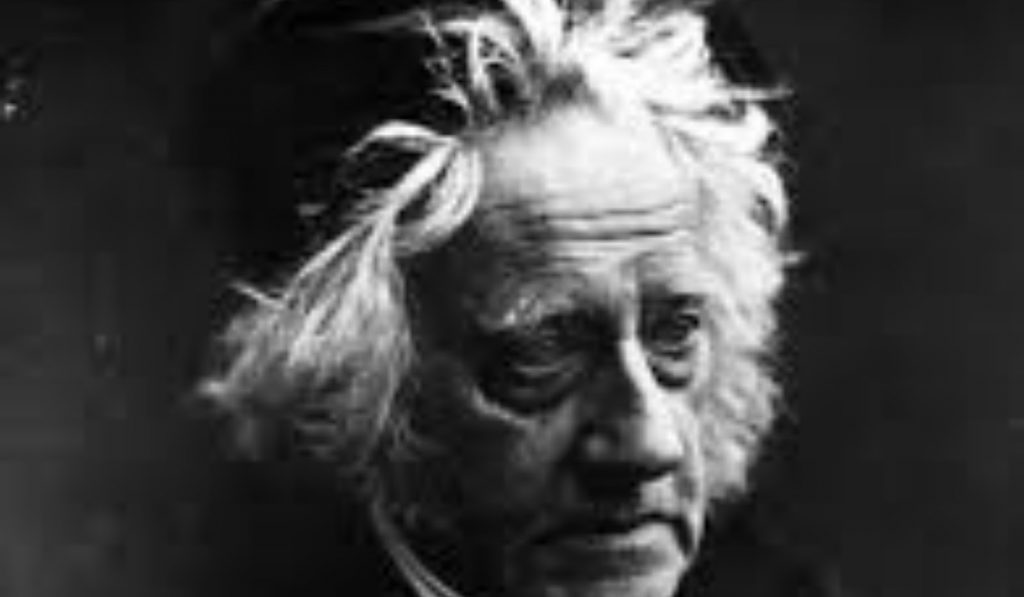
What makes John Herschel famous?
John Herschel was the son of William Herschel, an astronomer who is most well-known for discovering Uranus. He was born on March 7, 1792, in Slough, England.
John Herschel became one of the most influential scientists of his era. He was a prolific inventor who contributed to several aspects of science.
His most significant contribution was identifying and naming eleven moons—seven for Saturn and four for Uranus—which was a breakthrough at the time. He also developed a system of counting days known as Julian day, which astronomers still use today to keep track of time.
What’s the best John Herschel quote?
“Self-respect is the cornerstone of all virtue.”
[Source: Encyclopedia Britannica]
#11. Louis Pasteur (1822-1895): The Father of Microbiology Who Saved Millions of Lives

What makes Louis Pasteur famous?
Louis Pasteur was a French microbiologist and chemist best known for his work on microbial fermentation, pasteurization, and vaccination.
Pasteur’s most notable achievement was developing principles of microbial fermentation, which still help in disease prevention. He also created a vaccine for rabies that has saved millions of lives worldwide.
Pasteur also disproved Aristotle’s theory of spontaneous generation by showing that germs were responsible for disease rather than the idea that germs could arise from non-living matter.
What’s the best Louis Pasteur quote?
“Science knows no country, because knowledge belongs to humanity, and is the torch which illuminates the world.”
[Source: Encyclopedia Britannica]
#10. Johannes Kepler (1571-1630): The God’s Mathematician Who Discovered The Secrets of The Universe

What makes Johannes Kepler famous?
Johannes Kepler, born in Germany, is one of the most famous astronomers of all time. His three laws of planetary motion are considered to be a cornerstone of modern astronomy. He was a religious man, as is evident in his writings.
Kepler believed that God exists and that He had created a perfect universe.
[Source: Encyclopedia Britannica]
#9. Blaise Pascal (1623-1662): Inventor of The Calculator
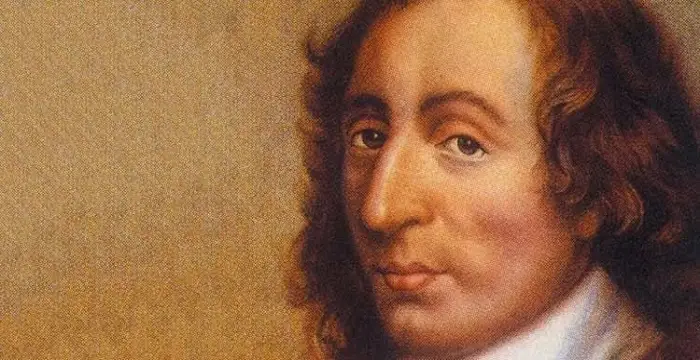
What makes Blaise Pascal famous?
Blaise Pascal was a French Catholic theologian, inventor, mathematician, and physicist. He is most famous for his invention of the mechanical calculator, adding machine, and Pascal’s calculator.
Pascal also contributed to probability and game theory, two areas of mathematics that deal with how likely something is to occur given a set of circumstances. He also introduced what came to be known as Pascal’s Principle of Pressure.
What’s the best Blaise Pascal quote?
“Truth is so obscure in these times, and falsehood so established, that, unless we love the truth, we cannot know it.”
[Source: Encyclopedia Britannica
#8. James Prescott Joule (1818-1889): The English Physicist Who Discovered The Mechanical Equivalent of Heat

What makes James Prescott Joule famous?
James Prescott Joule was a man of many talents, and his accomplishments in mathematics and the scientific world were just as impressive as his contributions to the brewing industry.
Born in Salford, Joule’s major contribution to science came after he discovered what became known as Joule’s Law. This discovery led to the law of conservation of energy and the first law of thermodynamics.
As one of the Christian scientists, his religious beliefs also helped inform his discoveries in this area: he believed in humility and God’s will.
[Source: Encyclopedia Britannica]
#7. Charles Babbage (1791-1871): The Intelligent Design Creationist Who Pioneered Computer Science

What makes Charles Babbage famous?
If you think about it, the history of computing is a bit like a timeline of people who have tried to build computers—these are all people whose brains have been immortalized in silicon and metal but never completed their work.
Charles Babbage was one of those people. He was born in London in 1791, and his life was devoted to building machines that could be used in various ways. He developed the first mechanical computer—the difference machine—in the 1820s but died before he could finish it.
Babbage also came up with a design for a more sophisticated type of machine that could perform more complex tasks than just arithmetic calculations. He called this the Analytical Machine because it could perform logical operations such as addition, subtraction, multiplication, division, and Boolean algebraic operations such as AND and OR.
While most people think of computers as magical boxes that store data and do everything automatically, Charles Babbage’s idea of a machine included input from humans—you’d need someone to tell your computer what to do next.
What’s the best Charles Babbage quote?
“Numbers are the masters of the weak, but the slaves of the strong.”
[Sources: Encyclopedia Britannica, University of Minnesota]
#6. Gregor Mendel (1822-1884): The Father of Genetics
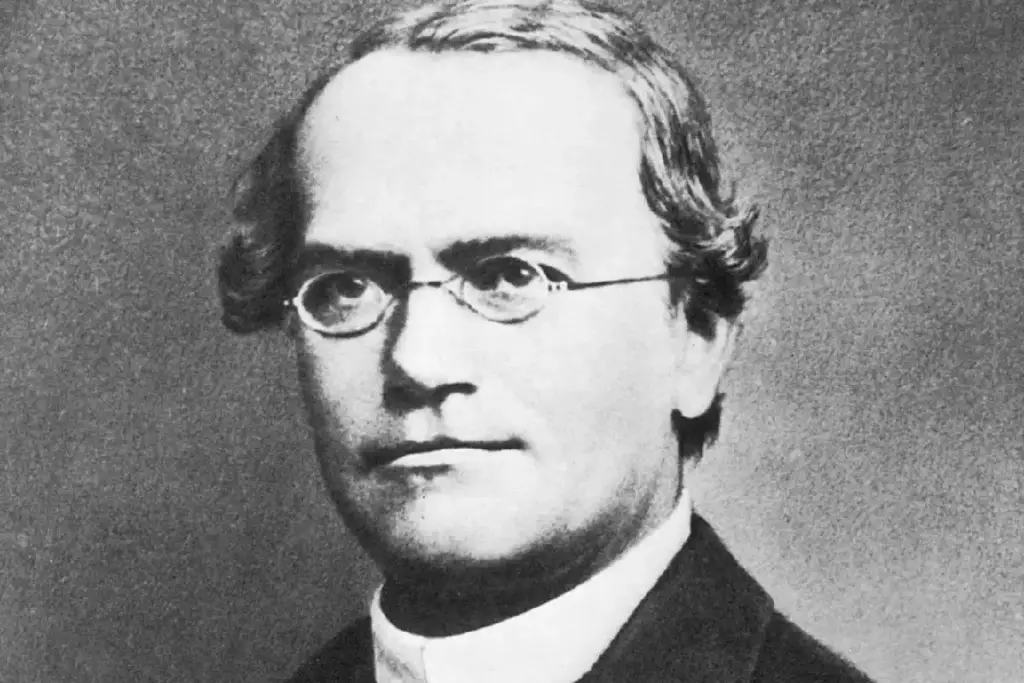
What makes Gregor Mendel famous?
Gregor Mendel, an Austrian botanist, is best known for his work on biological sciences. He discovered the fundamental principles of heredity and contributed to evolutionary biology and genetics.
Mendel was a Christian Science practitioner. In fact, it was his Christian faith that inspired him to study plants.
What’s the best Gregor Mendel quote?
“To live without experiencing some shame and blushes of admiration would surely be a wretched life.”
[Source: Encyclopedia Britannica]
#5. Michael Faraday (1791-1867): The Father of Electricity
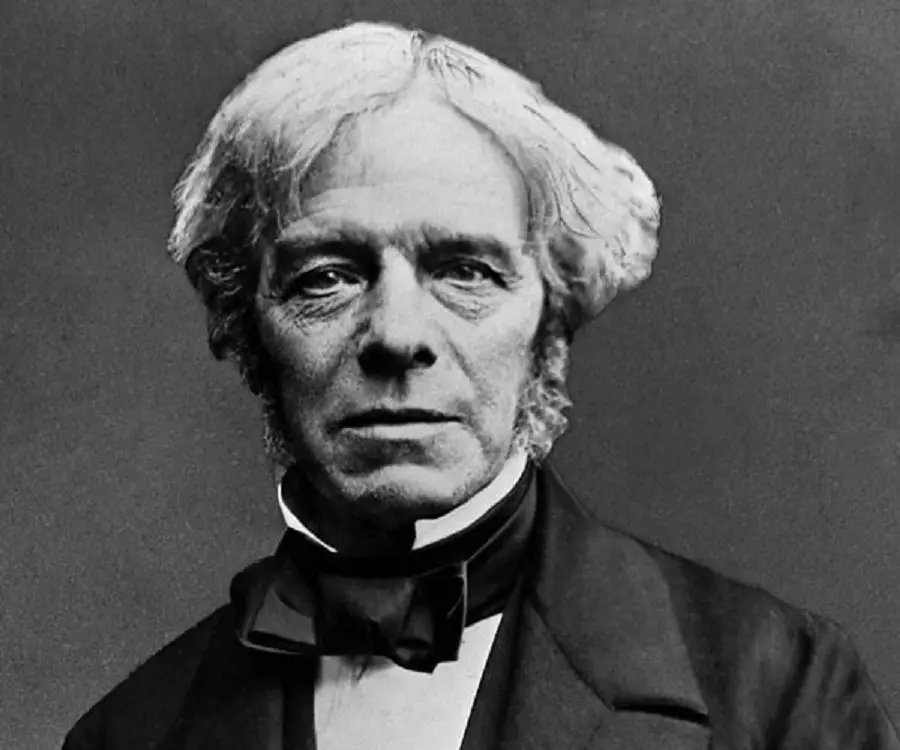
What makes Michael Faraday famous?
Born in England, Michael Faraday was the first to propose that electricity and magnetism are related. He made this discovery in 1831 when he found that a magnet could affect the current of electricity.
Faraday discovered electromagnetism while experimenting with magnetic fields to understand how electricity worked.
He also developed the concept of induction (also known as electromagnetic induction). This explains how mechanical motion could generate electricity. It was an important discovery because it meant there was no need for batteries anymore.
Faraday also did important research in the chemical sciences and discovered benzene. He also invented an early version of a Bunsen burner for studying gases. Although Faraday struggled with dyslexia, he received the 1902 Nobel Prize for his contributions to physics.
What’s the best Michael Faraday quote?
“But still try, for who knows what is possible?”
[Source: Encyclopedia Britannica ]
#4. Joseph Lister (1827-1912): Father of Modern Surgery
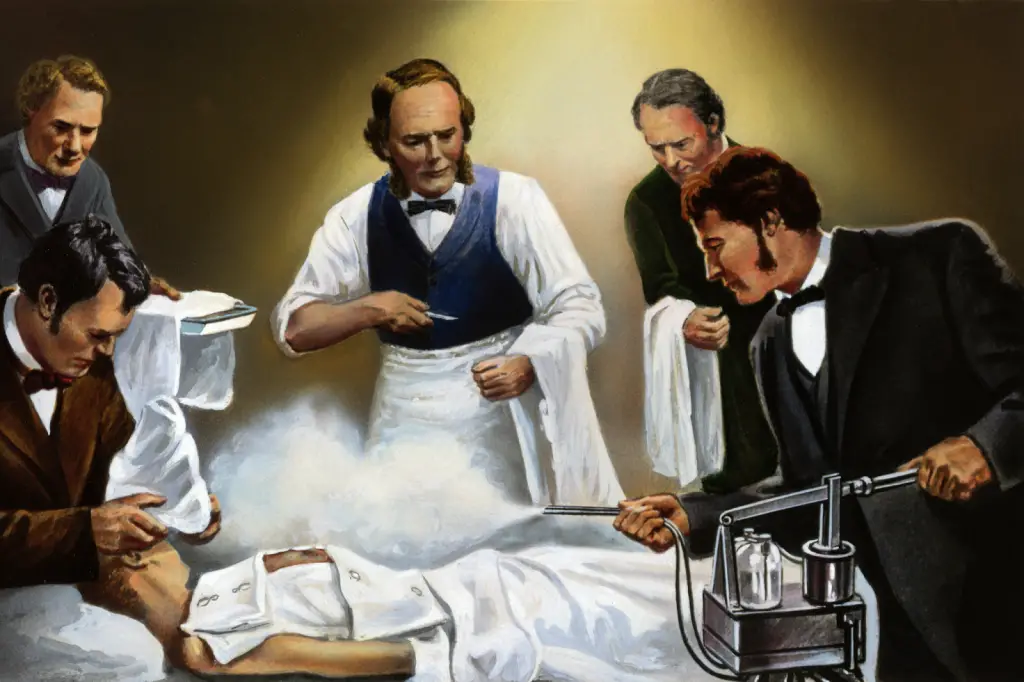
What makes Joseph Lister famous?
Joseph Lister wasn’t just a great surgeon—he was also a member of the Christian Science church.
Born in 1827, Lister grew up in West Ham, a small town east of London. He went on to become one of Britain’s most celebrated surgeons, with a lasting legacy that includes his work on sterilizing surgical equipment and his invention of the antiseptic paste known as carbolic acid (which is still used today as phenol).
Lister’s greatest legacy, however, may be his contribution to the field of surgery. He was the first medical scientist to use germ theory during surgery. In other words: he discovered how germs cause disease and used this knowledge to help prevent it.
[Source: National Library of Medicine]
#3. Robert Boyle (1627-1691): The Father of Chemistry Who Made His Own Laws
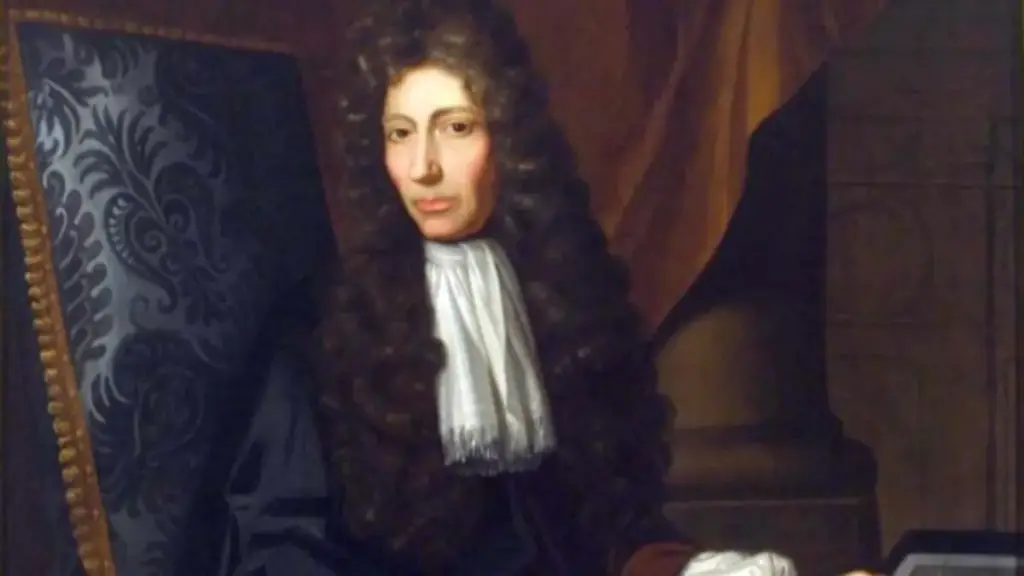
What makes Robert Boyle famous?
When you think of the fathers of modern chemistry, who do you imagine? A man with a big nose and an even bigger mustache? A bald guy in a lab coat?
If you’re thinking of Robert Hooke, you’re wrong. It’s actually Dr. Robert Boyle—and he was one of the first to develop the experimental scientific method by conducting practical research in the field.
Robert Boyle was a scientist and a philosopher who lived in Ireland and England. He was born in Lismore Castle on January 27, 1627, and schooled at Eton College.
Boyle is best known for his work in chemistry. He developed Boyle’s Law, which states that pressure and volume are related to each other inversely as they increase or decrease with temperature. This law was an important step in understanding how different substances react with each other when heated or cooled.
Robert Boyle was also famous for his belief in God, which he expressed through his writings such as The Christian Virtuoso and A Free Enquiry into the Vulgarly Received Notion of Nature.
What’s the best Robert Boyle quote?
“God would not have made the universe as it is unless He intended us to understand it.”
[Sources: Encyclopedia Britannica, Internet Encyclopedia of Philosophy]
#2. James Clerk Maxwell (1831-1879): A Force For Physics
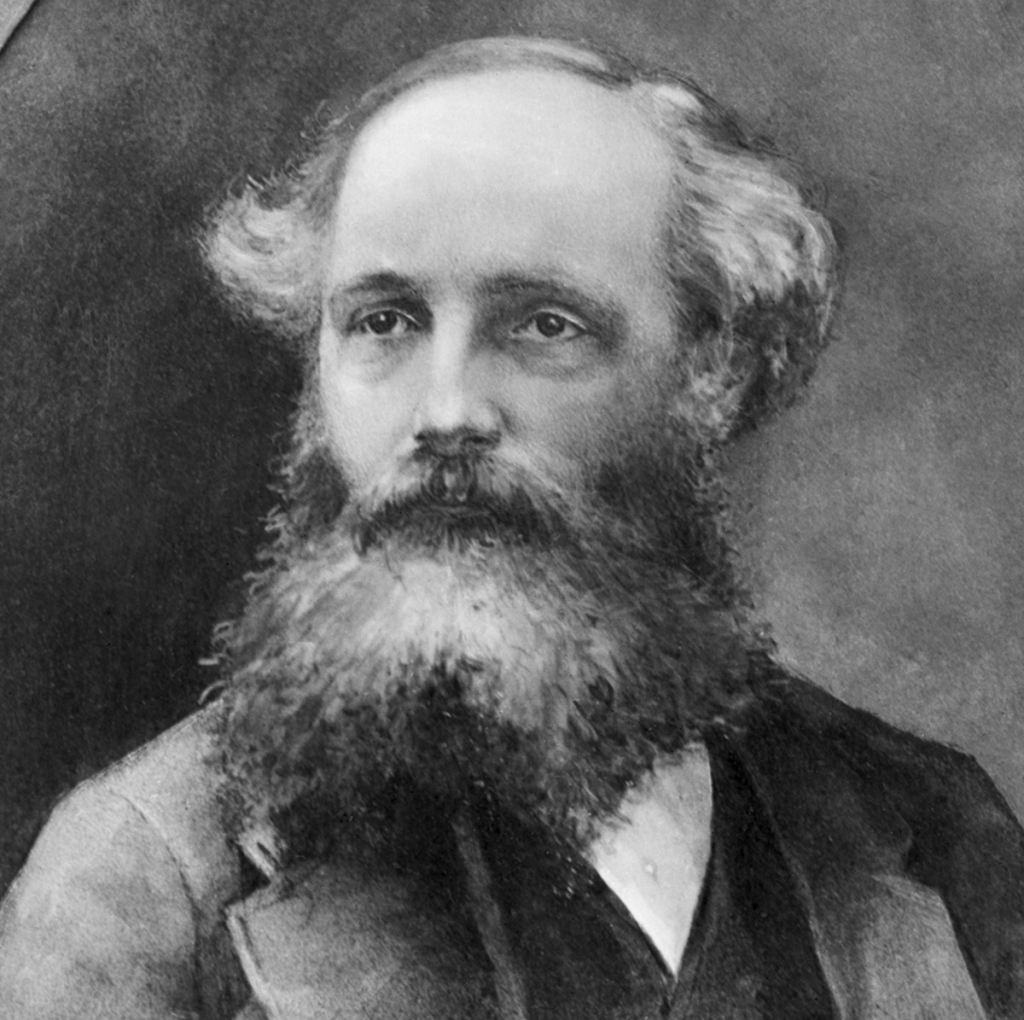
What makes James Clerk Maxwell famous?
If you want to know what the world would be like without electricity, look no further than James Clerk Maxwell.
This Scottish scientist and mathematician contributed to the advancement of electromagnetic radiation. His classical theory helped explain the relationship between light, electricity, and magnetism.
He contributed to the formulation of the Maxwell-Boltzmann equation, which explains the kinetic theory of gases. Maxwell’s discoveries led to the introduction of several fields in modern physics, like quantum mechanics and special relativity. James Clerk Maxwell was a deeply religious man who later became an elder in the church.
What’s the best James Clerk Maxwell quote?
“The only laws of matter are those that our minds must fabricate and the only laws of mind are fabricated by matter.”
[Sources: Physics World, Encyclopedia Britannica]
#1. Sir Isaac Newton (1642-1727): The Man Who Formulated The Laws of Motion

What makes Sir Isaac Newton famous?
Sir Isaac Newton was an English scientist and mathematician. He is best known for his contributions to astronomy, physics, and optics and his many other works that extended throughout the 18th century.
His contributions to astronomy were enormous. He was one of the first scientists to suggest that the earth is an oblate spheroid rather than a spherical object. Newton’s work on optics revolutionized how we see things in space. His invention of the reflecting telescope helped him study the solar system.
Newton’s laws of motion were crucial in understanding how objects move on Earth.
For these discoveries and more, Sir Isaac Newton is one of the scientists who founded modern physics, astronomy, and mathematics.
What’s the best Sir Isaac Newton quote?
“What we know is a drop, what we don’t know is an ocean.”
[Source: Encyclopedia Britannica]
Final Thoughts
Several well-known scientists have been ardent supporters of the theory of creationism. Some of these people had respectable academic credentials but adopted beliefs contrary to modern science.
This article includes several people who have made their mark on molecular biology, geophysics, and space physics, among others. They endeavored to promote creationism as a viable explanation for life and the universe.

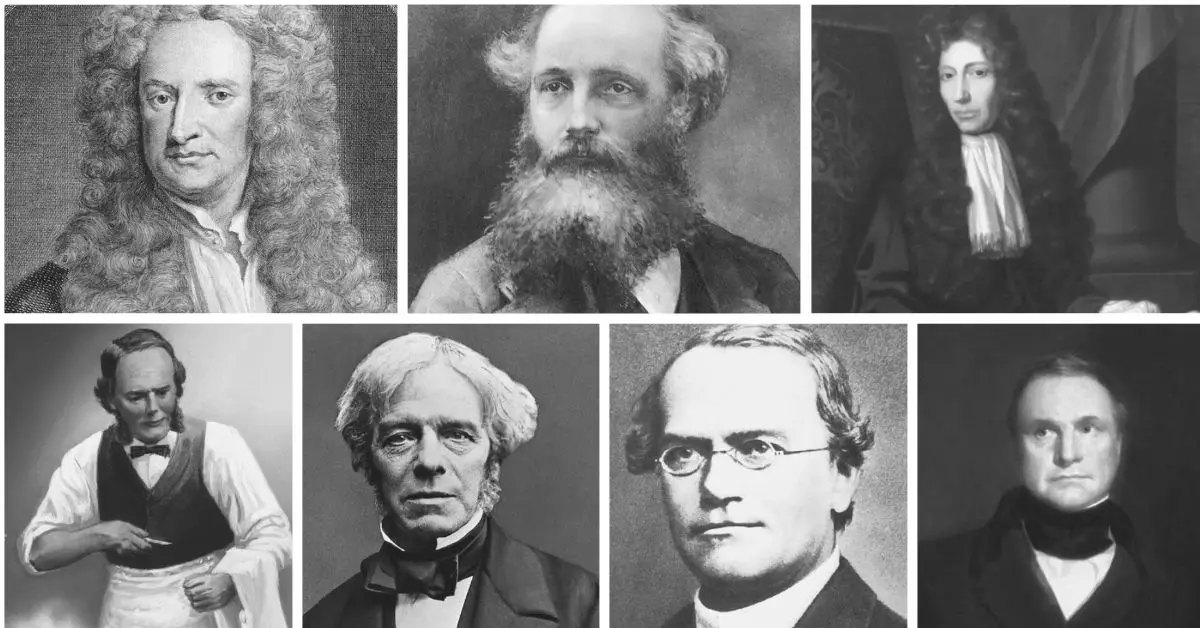

Which is the best book written on Creationism?